The Great Power Competition requires new thinking and human transformation at scale. Whether we’re driving digital transformation, building the DAF Battle Network, or reforming acquisitions, people need to connect to new ways of solving problems and doing things with speed and agility. The future of high performance is ruthless focus, extreme teaming, and violent execution.
The below represent foundational leadership tools motivating and driving transformation across the Air Force.
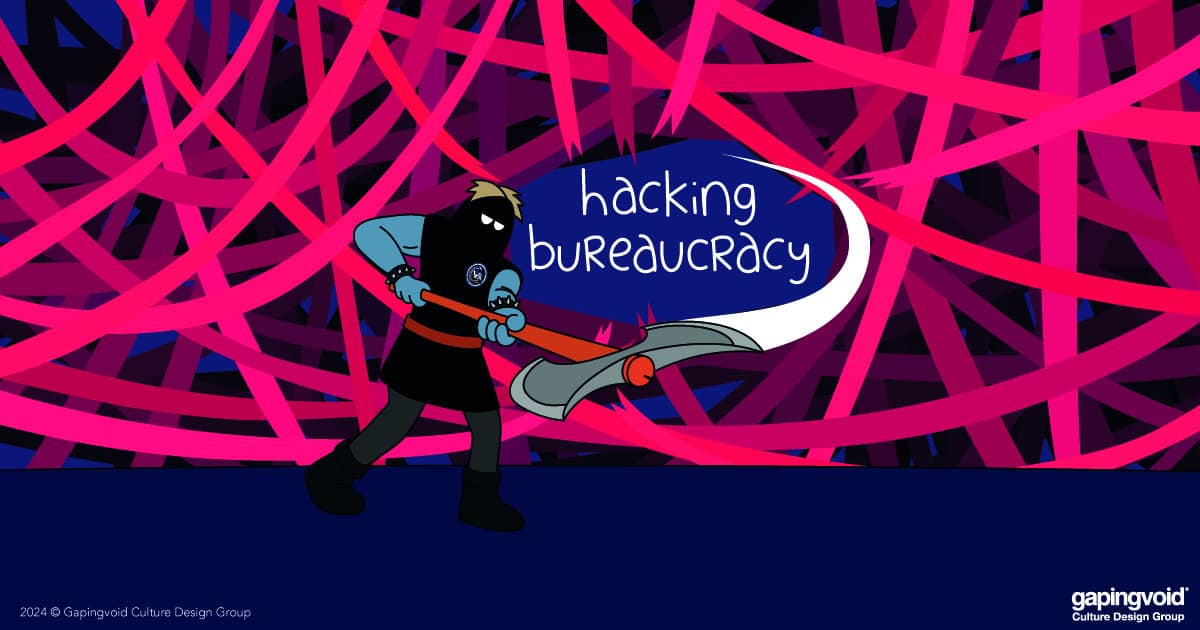
Bureaucracies exist for a reason: stability. They ensure we deliver our missions in a deliberate fashion. They can also slow things down and kill innovation. The job is to fall in love with the bureaucracy in order to weaponize it. It can be a hinderance or a point of leverage once you learn how to hack the system.
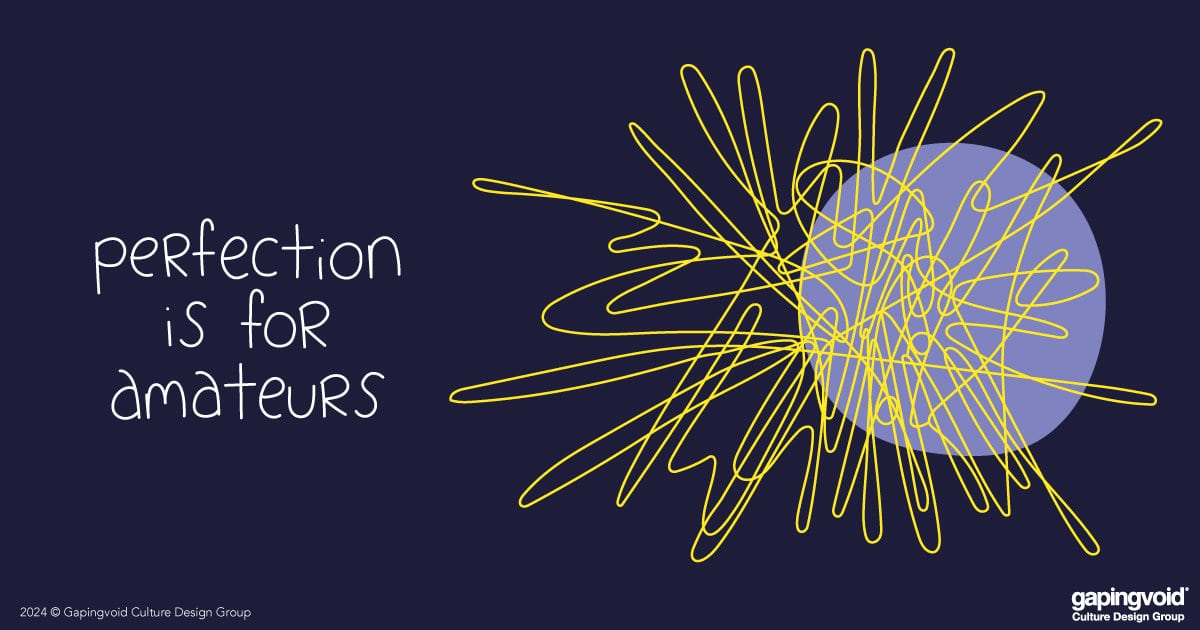
Perfection is an illusion. Anyone who thinks otherwise hasn’t been in the game for very long. Our desire for perfection is nothing more than a glorified fear of failure. Trying to remove all possibility of failure is futile. Rapid iteration, constant improvement, speed, and focus are the antidote.
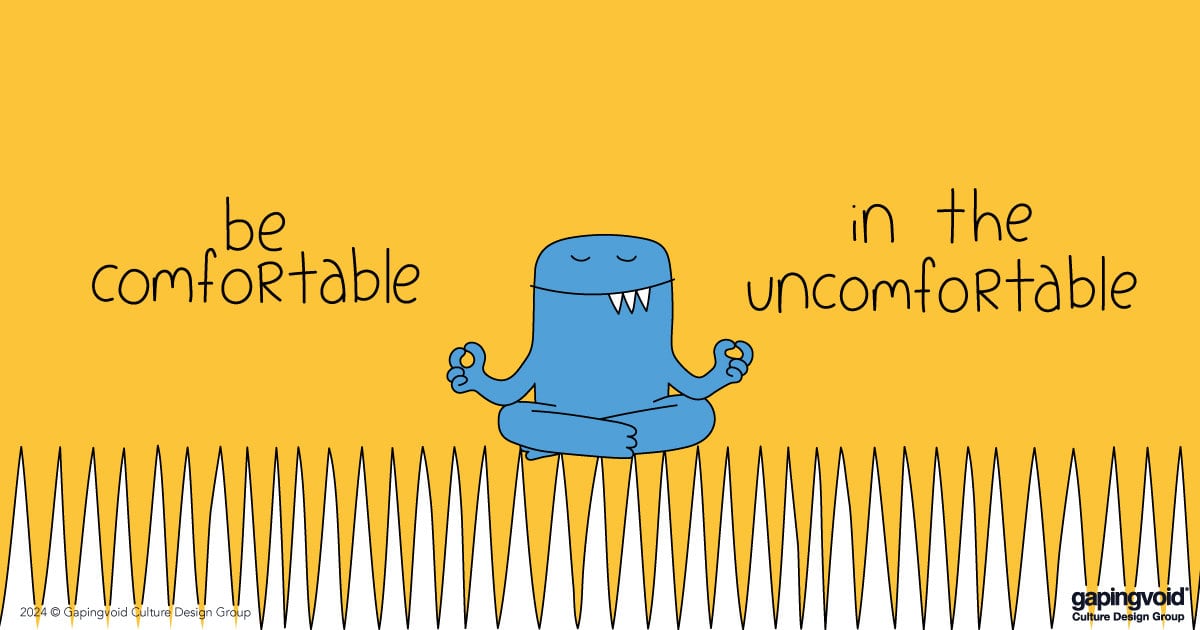
Our desire to remain comfortable holds us back from reaching our potential. Transformation doesn’t happen without discomfort. Period. High performing organizations yearn for the discomfort of change. Cultivating a mindset where challenge is enthusiastically welcomed rather than feared is a foundational principle of learning organizations.
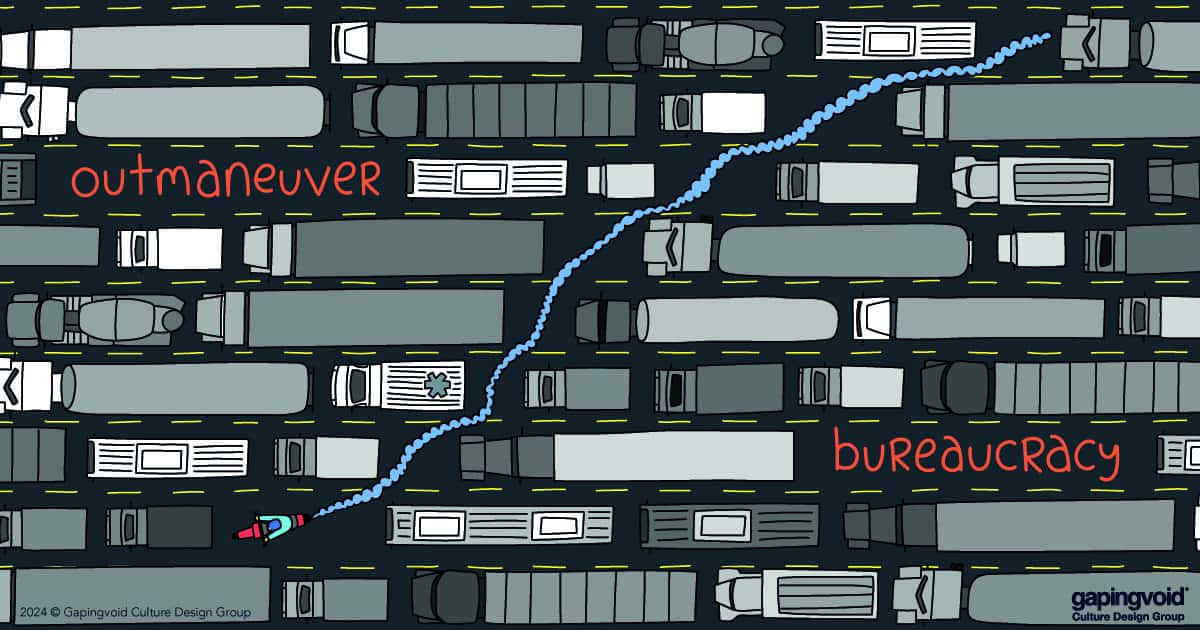
Do you know how to maneuver in order to get things done? If you do, share it with your teams. If you don't, find somebody that does.
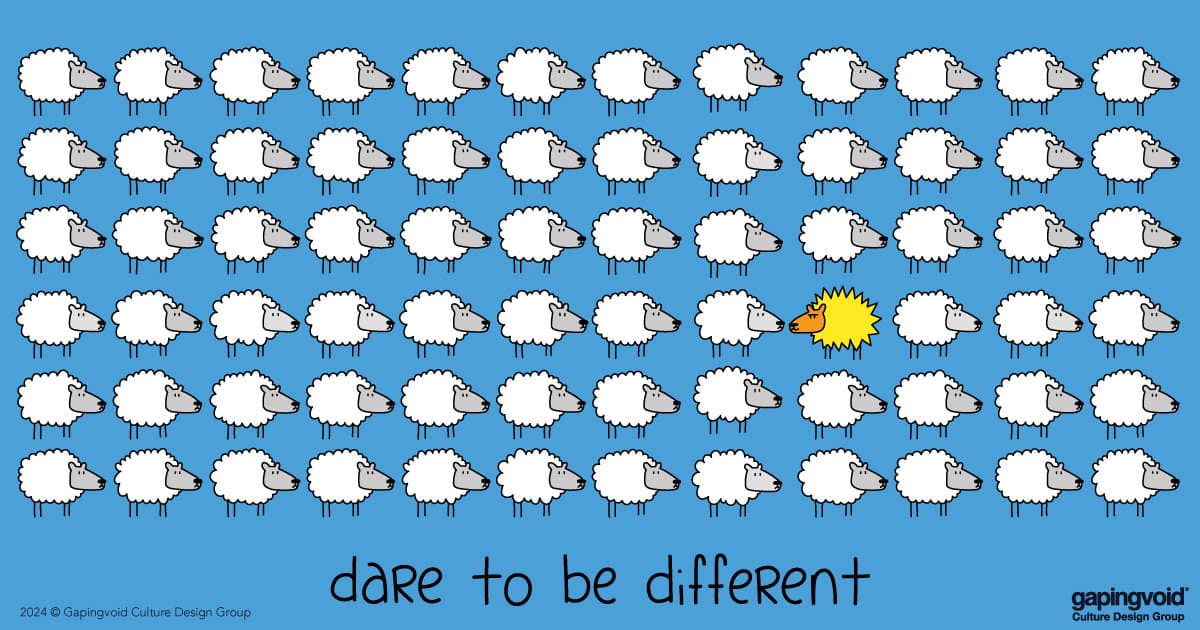
Many people desire to be the best at what they do. But being the best is often an illusion. Great leaders frequently think not in terms of being the best but of being different as a strategy for success. It's this thinking that allows one to be noticed and gain informal authority. Large scale change requires galvanizing your teams, and daring to be different is a powerful lever. It’s not a job for the weak-hearted.
Culture Design for High Performance
Culture is fundamental to how strategies are delivered. Yet, Culture Design is not a well understood discipline, and leaders often lack the tools they need to design and execute culture change.
For leaders who are committed to change and don’t want to repeat the past, there is an established methodology that makes transformation achievable, all while driving team performance, delivery of the mission, enhancing wellbeing, and retention.
Over the last fifteen years, organizations as diverse as Microsoft, Verizon, VMWare, the US Air Force, MIT Sloan School, and the US Navy have utilized our services to design and build cultures that support innovation, resilience, digital transformation, and many other forms of large-scale change.